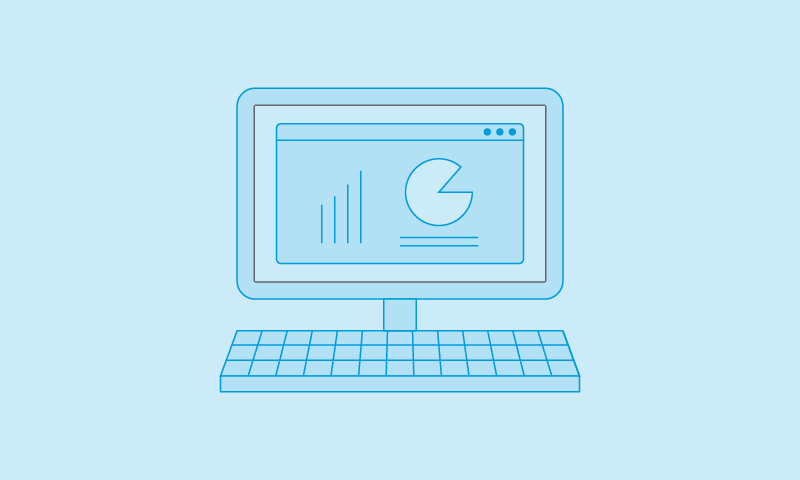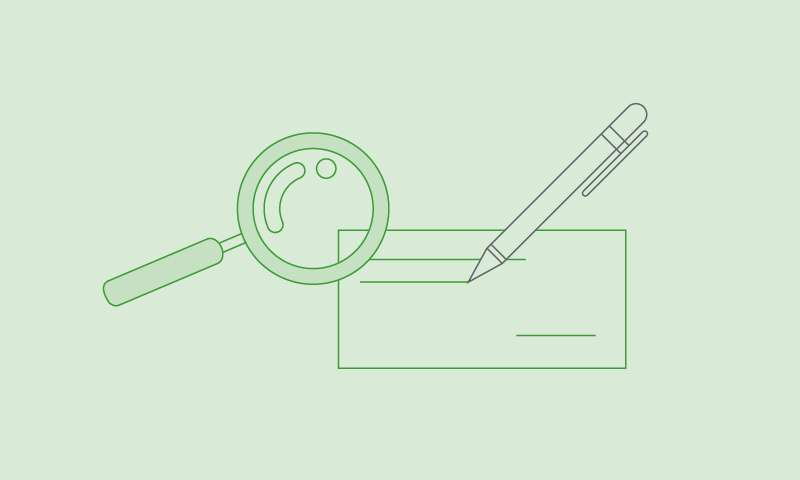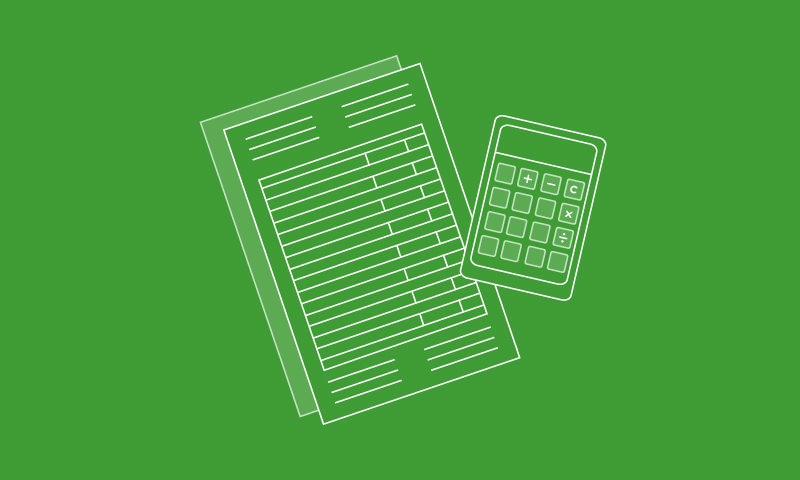15 October 2021
The coronavirus job retention scheme (CJRS) and self-employment income support scheme (SEISS) ended on 30 September 2021. Taxpayers that have made claims under these government coronavirus support schemes need to ensure that their claims are appropriately reflected on their tax returns and, in particular, that details are provided in respect of any incorrectly claimed amounts that have not been repaid by the time their tax return is due. Such amounts are subject to income tax charged at 100 per cent of the incorrectly claimed amount.
CJRS reporting for entities subject to corporation tax
HMRC issued updated guidance on the completion of corporation tax return form CT600 on 3 September, which aims to assist employers subject to corporation tax with the disclosure of their CJRS claims on their corporation tax returns. Relevant employers should apply this updated guidance when completing their returns. Amended returns may be required in due course where employers have filed returns prior to this new guidance on a basis that is not aligned to the guidance.
The ‘Coronavirus support schemes and overpayments’ section on form CT600 includes three boxes (471 to 473). Specific consideration, in accordance with the new guidance, is required to identify the relevant figures for each box in order to correctly disclose:
- the amounts received under the CJRS in the accounting period covered by the tax return;
- the amounts which the taxpayer was entitled to receive in the accounting period covered by the tax return; and
- any overpaid amounts received in the accounting period which have already been assessed by HMRC.
Box 526 on form CT600 captures any payments due to HMRC. It should be noted, however, that this is not a corporation tax liability and should not be included as part of the employer’s corporation tax payment. HMRC will instead provide details for it to be collected separately.
SEISS and CJRS reporting for businesses subject to income tax
Sole traders and partners in partnerships and limited liability partnerships (LLPs) are also obliged to make similar disclosures in their tax returns in respect of:
- SEISS grants claimed in relation to their own income; and
- CJRS claims made in connection with their employee costs.
For sole traders, the required SEISS and CJRS disclosures feature in the ‘incorrectly claimed coronavirus support scheme payments’ section on page TR5 of the income tax return SA100 and in supplementary form SA103 (boxes 10 and 27.1 for short returns or boxes 16 and 70.1 for full returns).
For partners, SEISS disclosures feature in the ‘incorrectly claimed coronavirus support scheme payments’ section on page TR5 of the income tax return form SA100 and supplementary form SA104 (box 9.1), whereas CJRS disclosures feature on the partnership return form SA800 (box 3.118).
HMRC will provide details for any income tax liability arising from coronavirus support scheme overpayments to be paid separately from the taxpayer’s self-assessment.
It should also be noted that only the first three grants made under the SEISS scheme should be included on the 2020/21 tax return to be filed on or before 31 January 2022. The final two grants should be included on 2021/22 tax returns.
Notifying HMRC of incorrectly claimed CJRS and SEISS
The tax liability on incorrectly claimed CJRS or SEISS amounts is triggered at the later of the date the grant was received and the date the employer or individual ceased to be entitled to retain it. Chargeability to income tax on such amounts is notifiable to HMRC within 90 days of the tax liability arising.
HMRC is entitled to charge tax-geared penalties if the 90-day notification period is missed of up to 100 per cent of the tax due, albeit this may be mitigated to as low as 0 per cent for unprompted disclosures where the employer provides all appropriate assistance to HMRC.
It is therefore recommended that taxpayers review all amounts of government coronavirus support payments received, including those received under CJRS and SEISS, to confirm entitlement as part of the work required to gather supporting information to meet their self-assessment obligations. Taxpayers should ensure they understand how to correctly disclose any grants received under such schemes in the appropriate return(s) and, if errors are identified, notify HMRC, wherever possible within the 90 day notification window, to mitigate the risk of penalties.
For more information, please get in touch with Suze McDonald, or your usual RSM contact.









